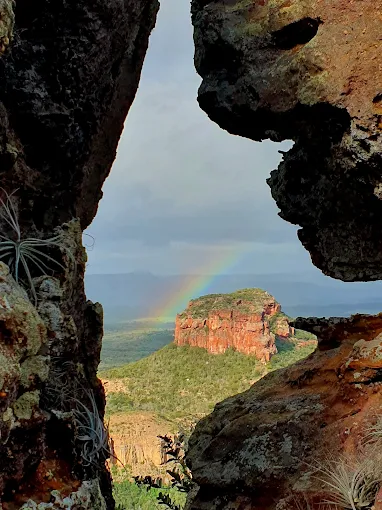
Lorem ipsum dolor sit amet, consectetur adipiscing elit. Ut elit tellus, luctus nec ullamcorper mattis, pulvinar dapibus leo.
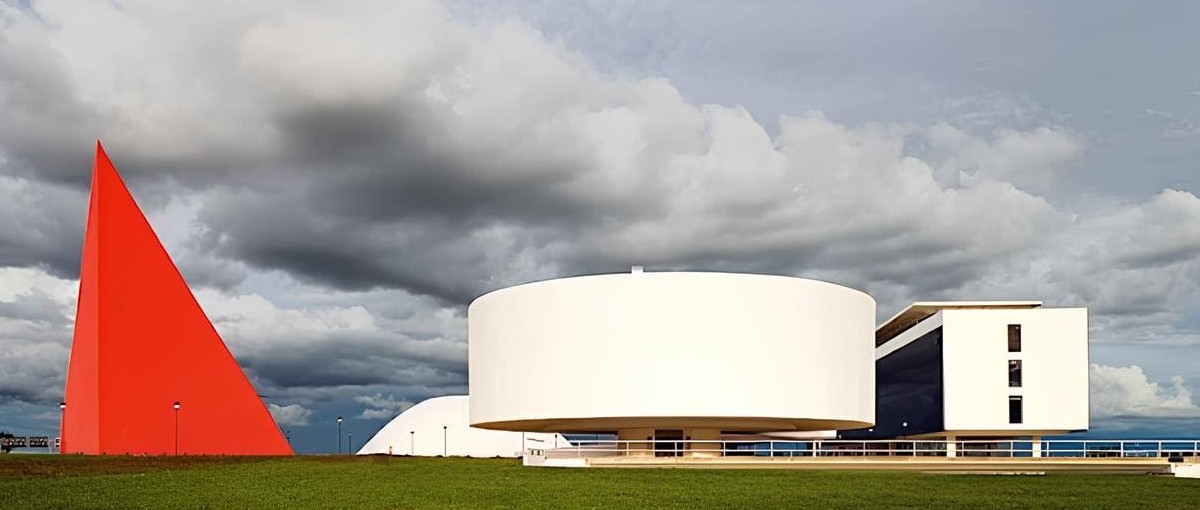
Imagine uma capital vibrante, com amplas áreas verdes, centros culturais pulsantes, gastronomia acolhedora e uma atmosfera acolhedora — essa é Goiânia, a capital do coração do Brasil. Neste guia, você
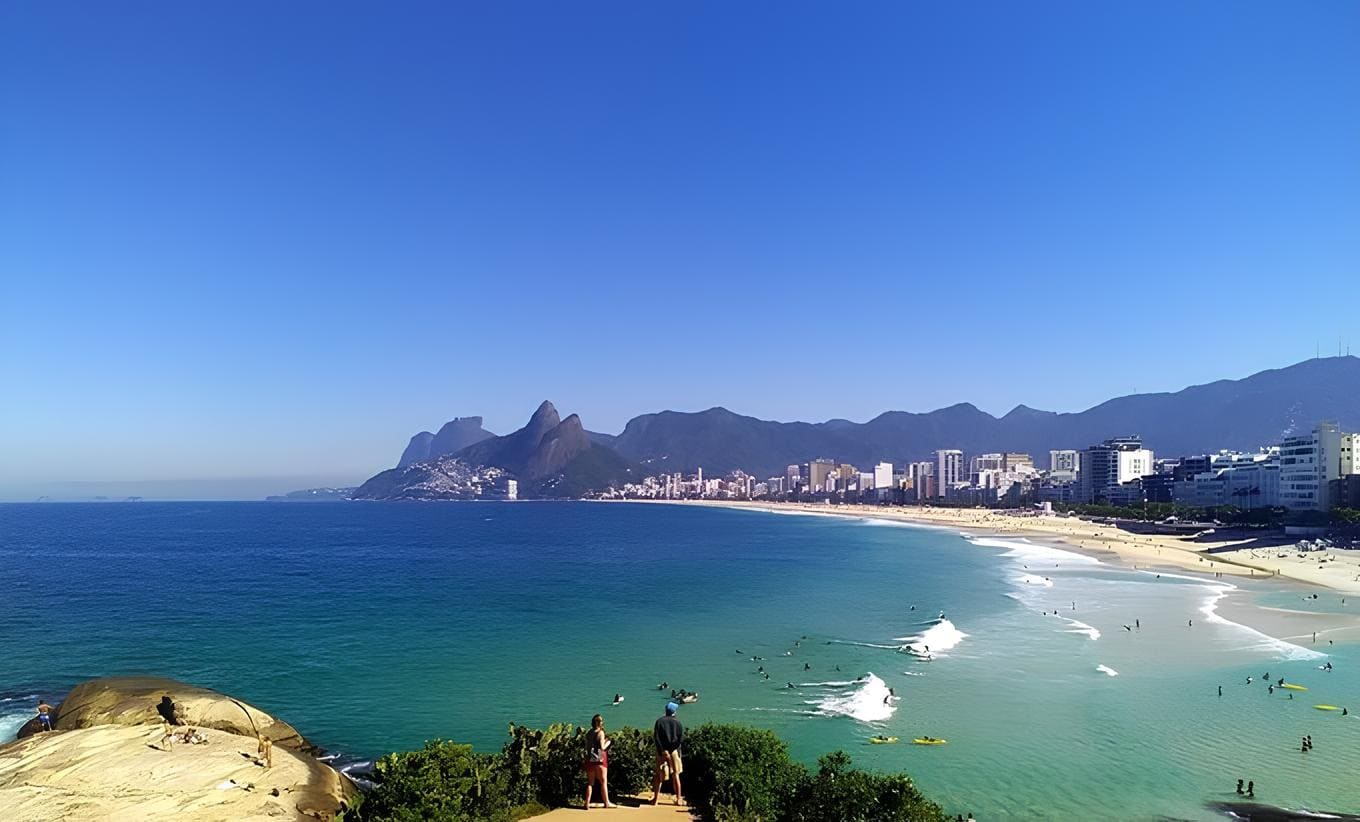
Imagine caminhar por calçadões à beira‑mar, sentir a brisa salgada no rosto e ouvir o som de ondas misturado ao riso de turistas e cariocas. Esse é o clima vibrante
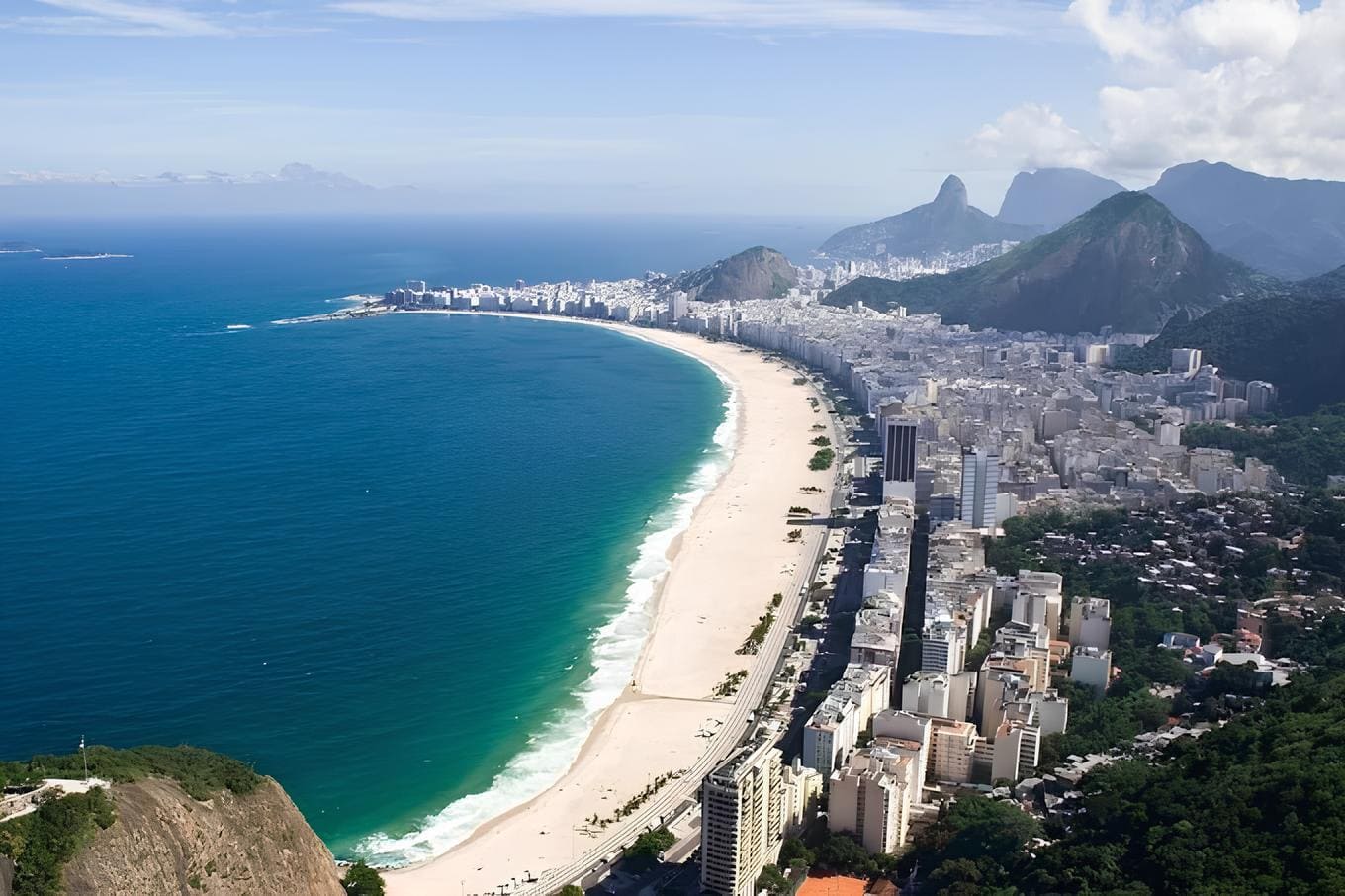
Nada se compara à sensação de chegar à Copacabana — um dos destinos mais icônicos do mundo. Com seu mar, seu calçadão de pedras portuguesas, a atmosfera vibrante e uma
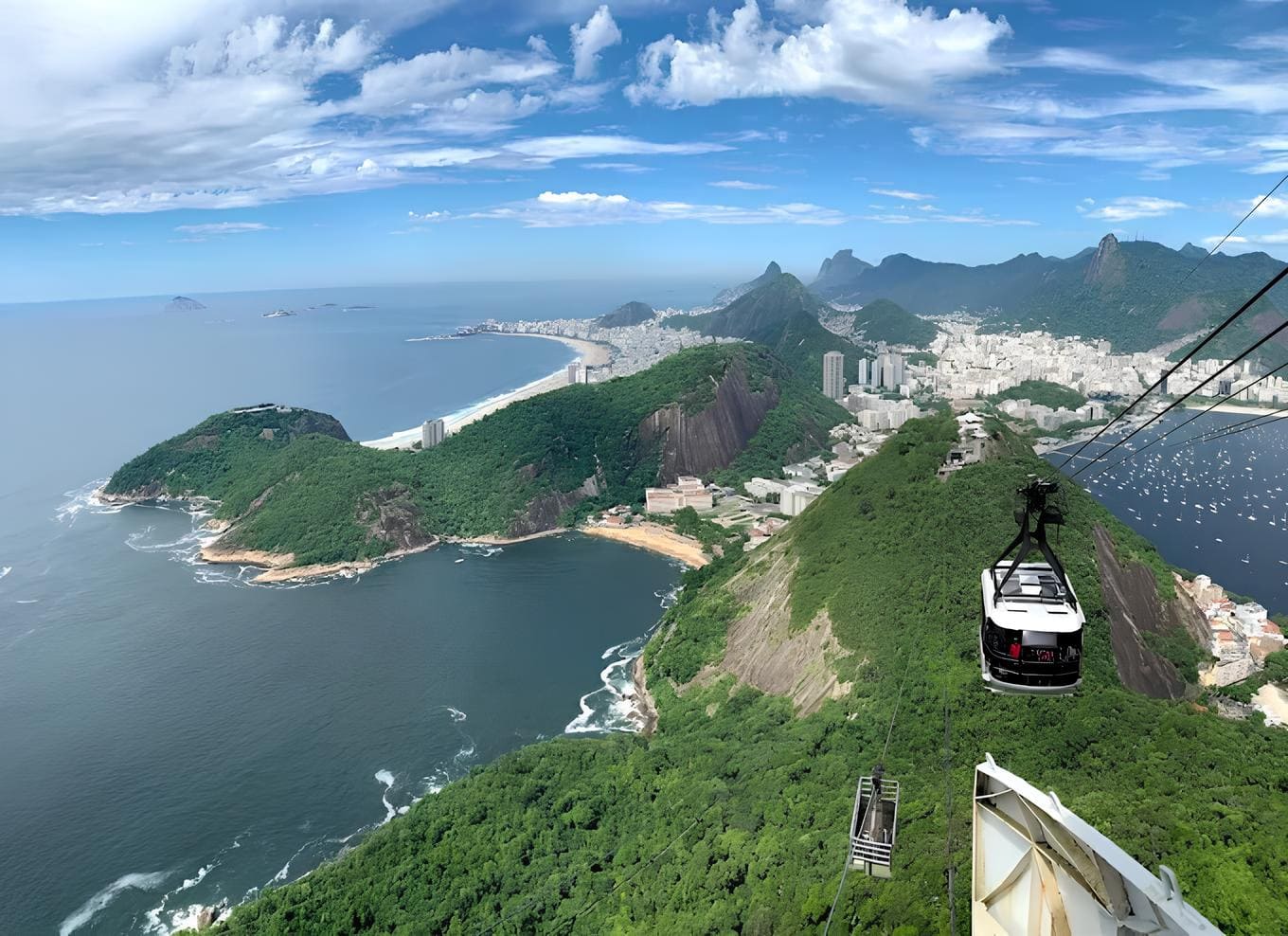
Imagine combinar praias deslumbrantes, montanhas cheias de história, cidades vibrantes e uma cultura rica — esse é o encanto do Estado do Rio de Janeiro. Ao longo deste guia, você
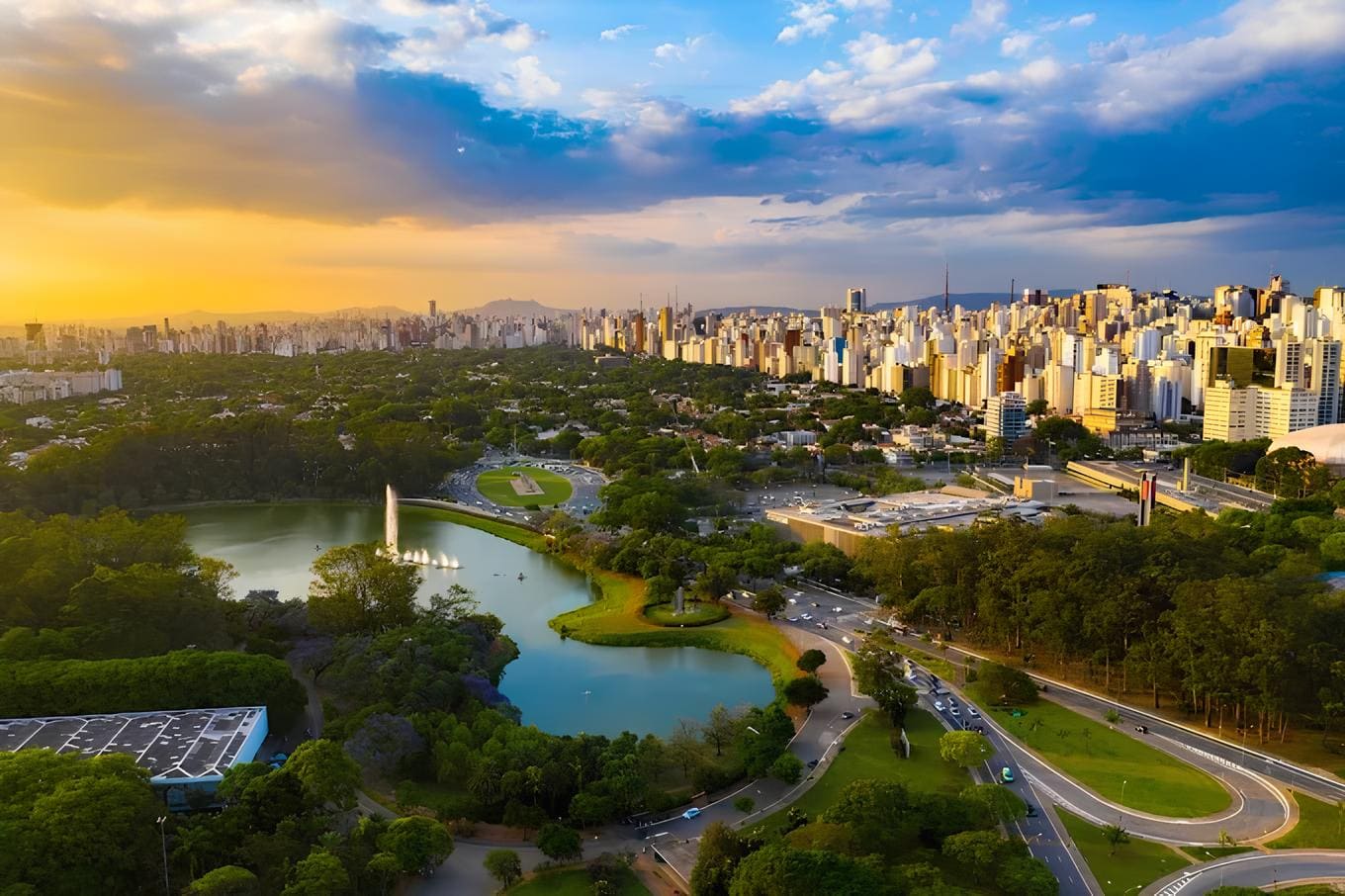
Um gigante cultural, econômico e natural no sudeste brasileiroSão Paulo é mais do que um estado: é uma experiência intensa, vibrante e cheia de contrastes. Lar da maior metrópole do
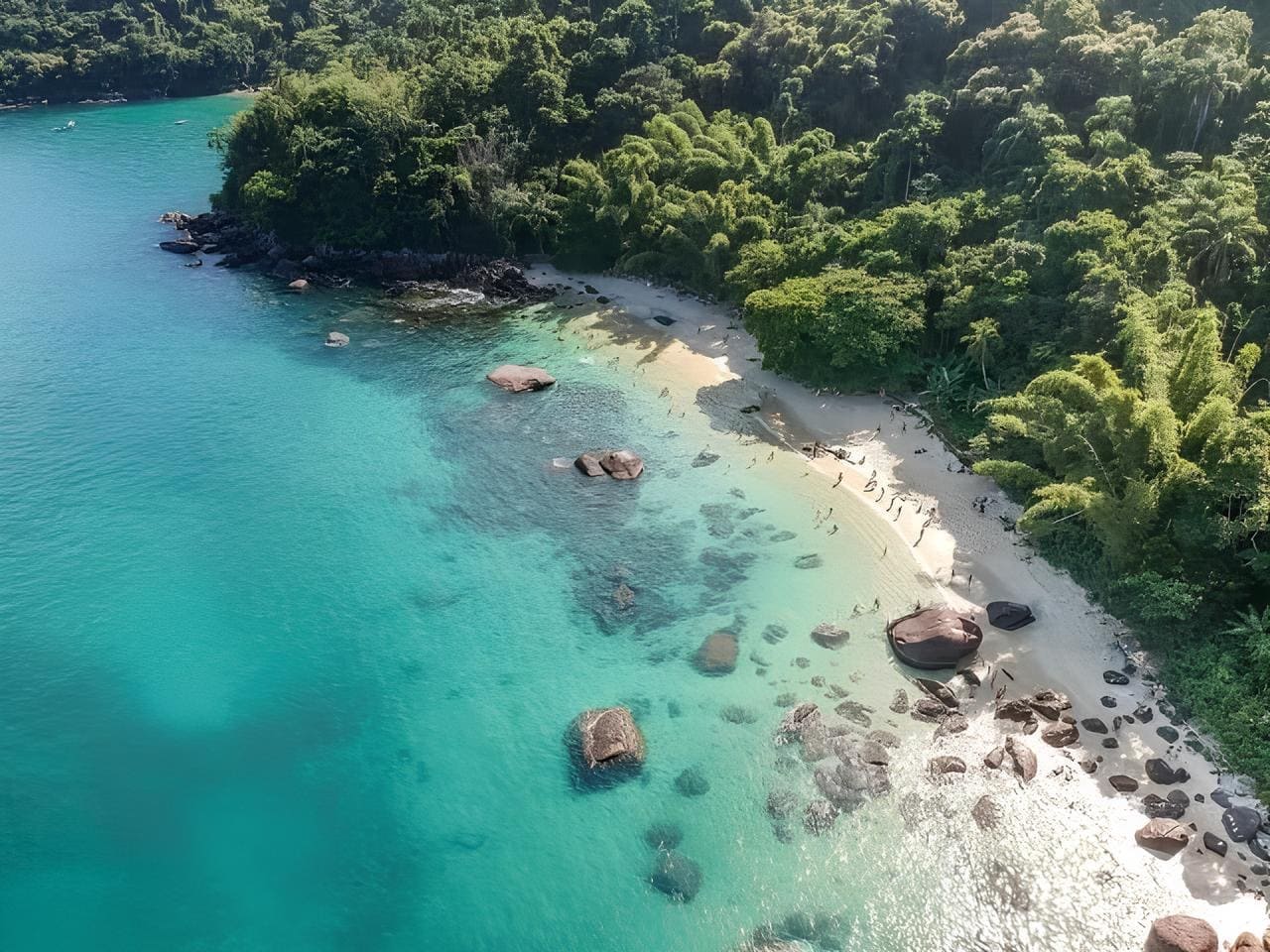
Ubatuba é uma daquelas joias escondidas entre montanhas verdes e o azul intenso do mar que conquista logo nos primeiros minutos de visita. Localizada no Litoral Norte de São Paulo,